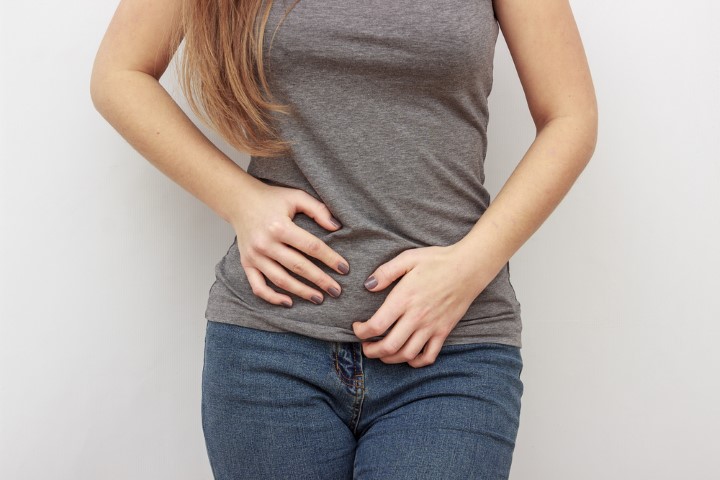Any healthcare professional will tell you that it is important to maintain a healthy diet. Eating right is an essential element of keeping our bodies and minds healthy and sharp. This only becomes more and more important as we age. But did you know that in addition to assisting our general health and wellbeing, eating healthy is also essential for a woman’s reproductive health as well? Allow us to explain.
In addition to providing the body with energy and essential nutrients that it needs, eating a healthy diet can also help reduce the risk of potential reproductive issues for women. Being overweight or obese has been linked to some of the most common forms of gynecological cancer (ovarian and uterine). There is also a strong association between obesity and several reproductive health concerns for women including infertility, polycystic ovary syndrome (PCOS), menopause side effects like hot flashes, and more.
When a woman enters menopause, the amount of estrogen her body produces naturally begins to decrease. Since estrogen is important for maintaining bone strength and density, this transition can lead to bone loss and osteoporosis. This is especially true for women who experience early menopause (before age 40), since the longer a woman’s estrogen levels stay depleted, the more bone mass she may lose. However, there are dietary measures women can take to keep their bones healthy and strong as they age and go through the stages of menopause. Most notably, we recommend foods and drinks that are rich in calcium and vitamin D like low-fat or fat-free dairy products, fatty fish (like salmon), and fortified yogurts and low-sugar juices.
To help promote more healthy eating habits at any age, we suggest that women should try to avoid excess calories from added sugars, saturated fat, and alcohol. This means limiting sweetened beverages (including sodas and sweet tea), candy, pastries, and other sweets. If you choose to drink, restrict your alcohol consumption to one drink per day. When available, choose low-fat or fat-free dairy products and lean proteins instead of their less healthy counterparts. Eating more salad and plant-based proteins like beans and lentils can be highly beneficial as well.
Keep in mind that women are typically smaller than men and have less muscle and more body fat. This means they need fewer calories to maintain a healthy body weight and energy level. For more information on nutrition and reproductive health, contact Dr. Kristine Gould at Gynecology Associates of Gwinnett to request your appointment today. Don’t forget to follow us Facebook, Twitter, and Google+ for even more tips, news, and details on our upcoming health and wellness events.


